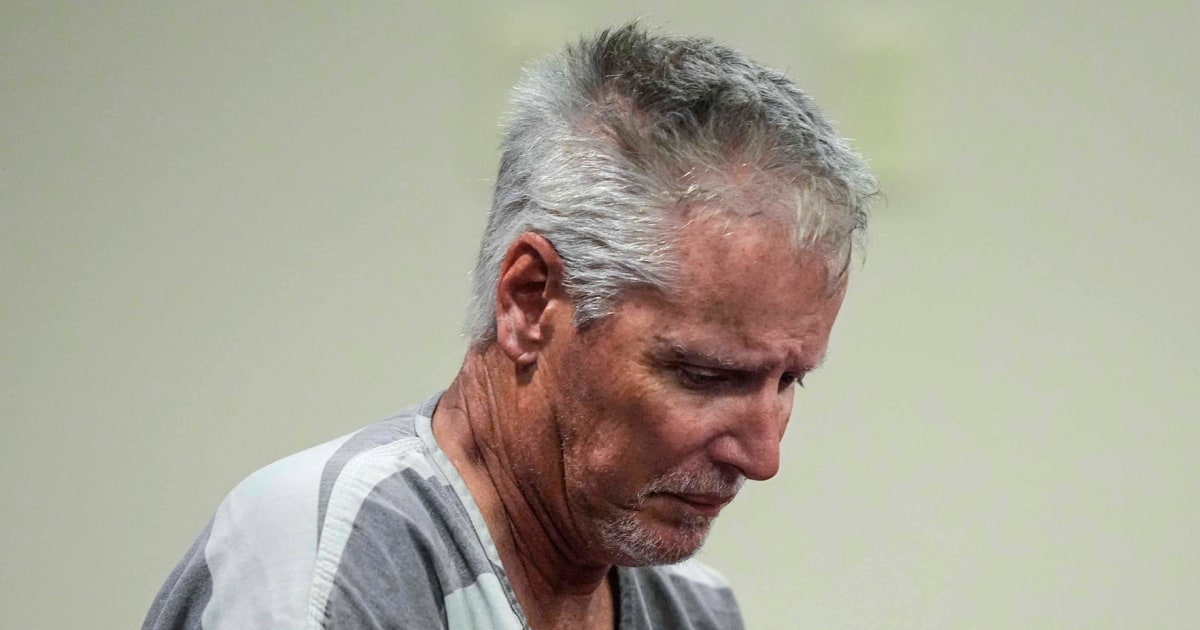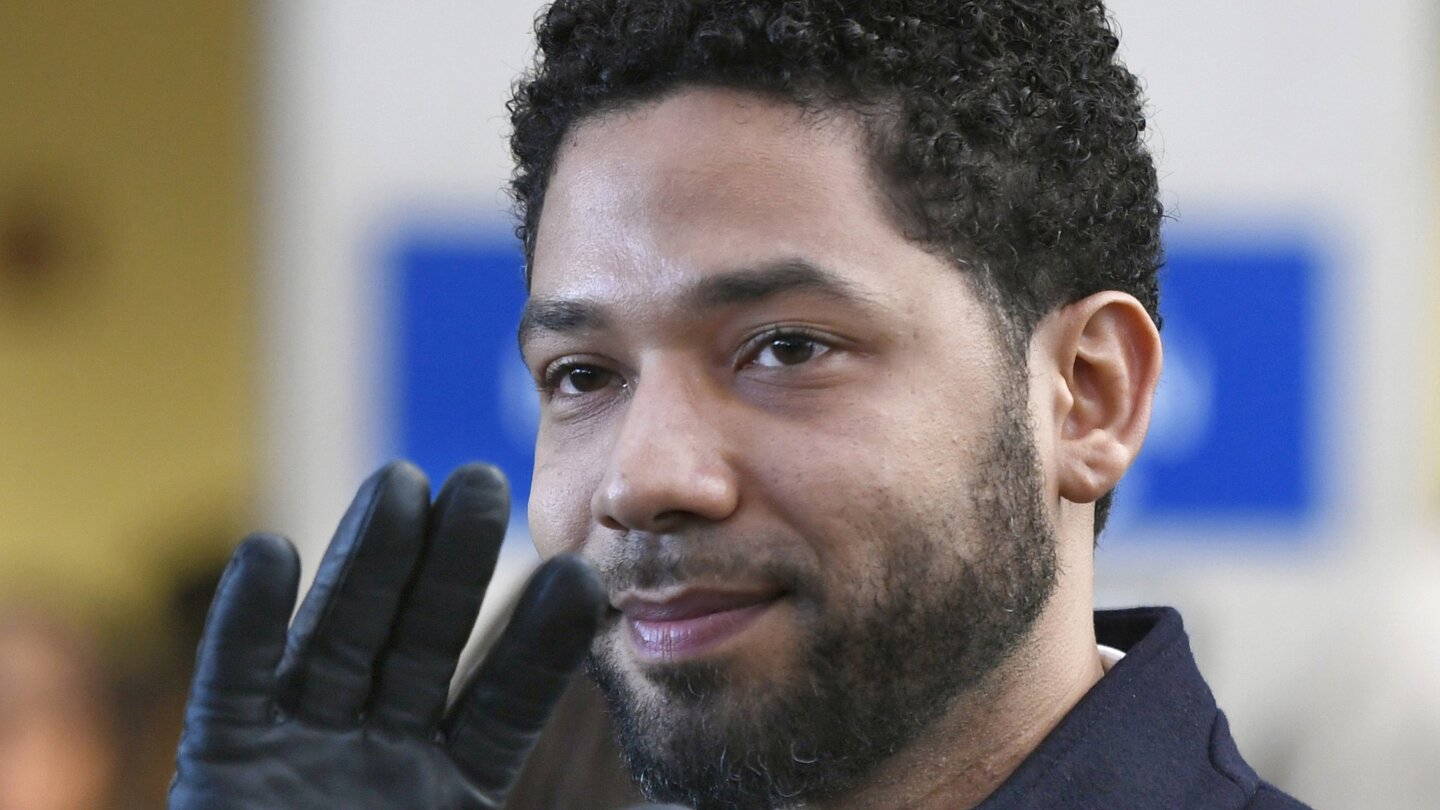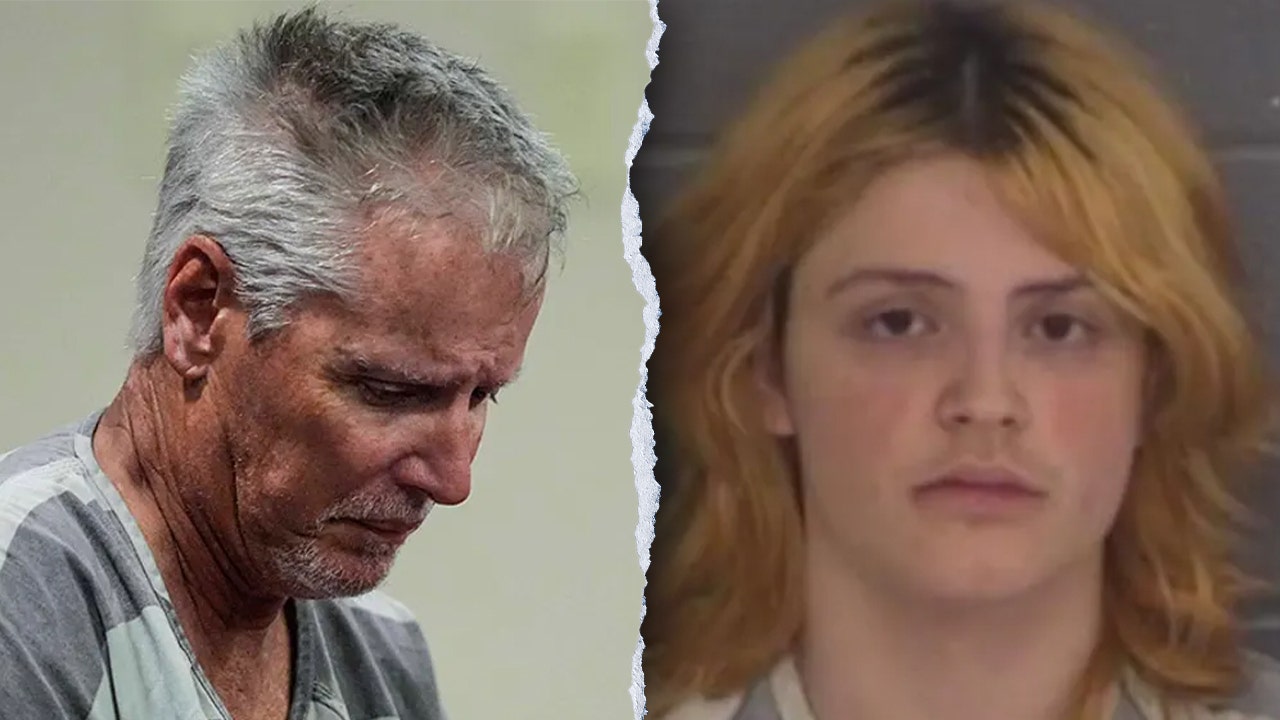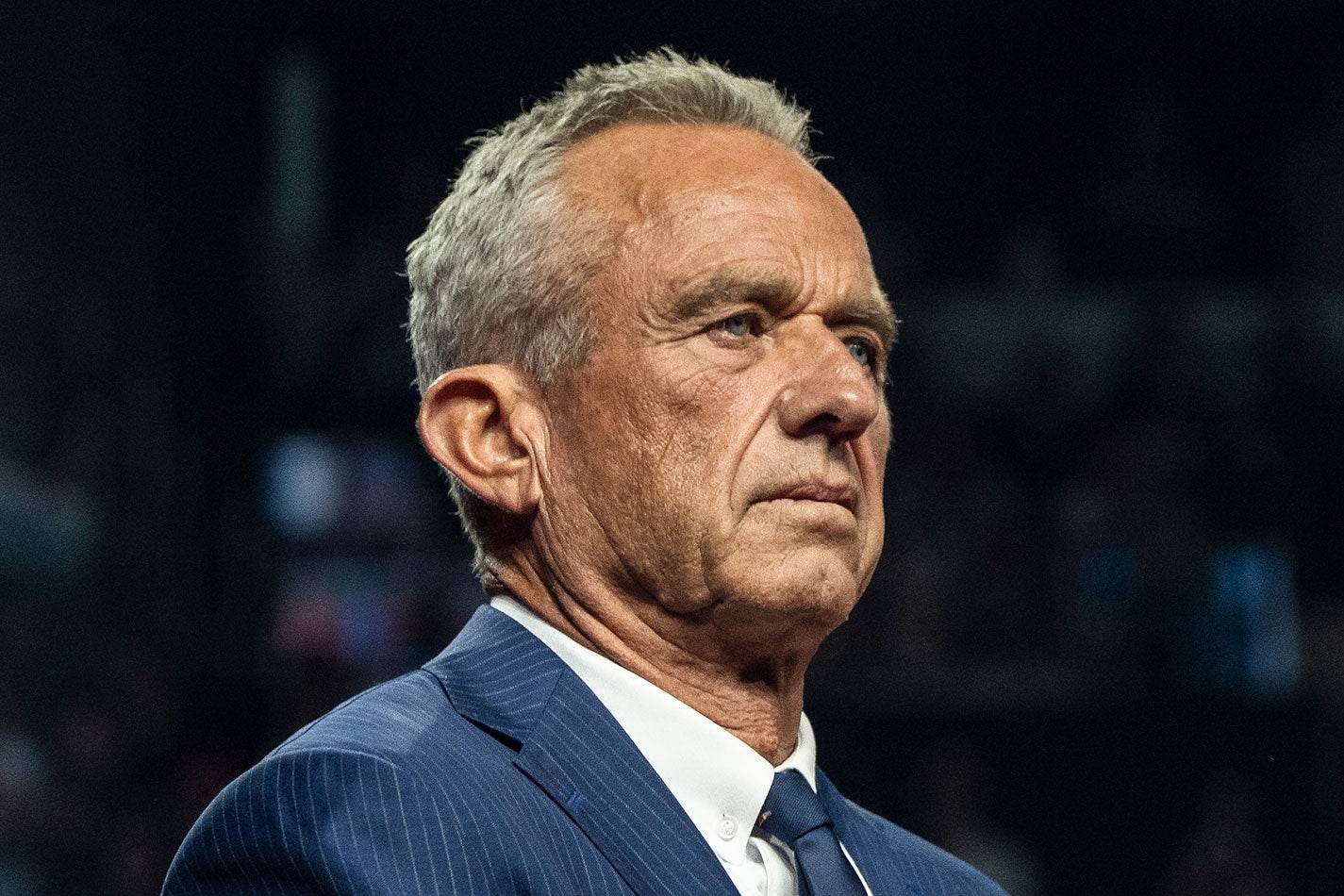
Alabama set to execute Carey Dale Grayson with nitrogen gas in hitchhiker's torture murder
Posted on 11/21/2024

Carey Dale Grayson is set to die by nitrogen hypoxia after being convicted of killing 37-year-old hitchhiker Vickie Deblieux in 1994. Proponents claim it's a painless method. Opponents call it torture
An Alabama death row inmate is set to become the third inmate to be executed with nitrogen gas in the nation on Thursday for his role in the brutal 1994 murder of a hitchhiker.
Carey Dale Grayson, now 49, was one of four teenagers convicted of capital murder in the torture, bludgeoning and mutilation of Vickie Lynn Deblieux on Feb. 21, 1994. Deblieux, 37, was hitchhiking from southeastern Tennessee, to visit her mother in West Monroe, Louisiana, when the four teens picked her up along a highway near Trussville and soon after proceeded to kill her, court records show.
If Grayson's execution moves forward as the state plans on Thursday, he'll become the 22nd inmate executed in the nation so far this year. It would also be the state's sixth execution for the year and third in two months, reported the Montgomery Advertiser, part of the USA TODAY Network.
As his execution approaches, USA TODAY is looking back at the crime, who Grayson is and what led him down a path of murder.
More about what Carey Dale Grayson was convicted of
On Feb. 21, 1994, Deblieux was dropped off by a friend in Chattanooga near Interstate 59, where she began catching rides southwest.
At some point, Grayson − who was 19 − and three other teens picked Deblieux up along a Jefferson County interstate in Alabama, about 15 miles northeast of Birmingham.
The teens stopped at a wooded area on Bald Mountain, using the ruse they were going to get another vehicle. There, Deblieux was beaten, stomped and kicked. Testimony showed Grayson and another teen stood on her throat to kill her.
Her body was eventually tossed off a cliff. The teens returned later and mutilated her corpse, cutting the body at least 180 times and removing a portion of one of her lungs and cutting off her fingers, court records show.
The teens became suspects in the murder when one of the boys showed one of Deblieux’s fingers to a friend.
In addition to Grayson, a jury convicted Kenny Loggins, Trace Duncan and Louis Mangione in the capital murder.
Duncan, Loggins and Mangione had their death sentences reversed and were each given life in prison without the possibility of parole. The move came in 2005 after the U.S. Supreme Court banned the execution of people who were younger than 18 when they committed a crime.
More about the nitrogen gas method
Nitrogen hypoxia is a controversial method of execution, having only been tried for the first time in the country when Alabama executed Kenneth Eugene Smith in January. Smith’s execution by the method drew national and international scorn and media attention, including a protest from the Vatican.
Smith appeared to writhe and convulse on the gurney for at least four minutes during the execution. State and prison systems' officials had said before the execution that Smith should lose consciousness “within seconds,” and be dead within minutes once the gas started flowing into the full-face mask Smith wore.
Alabama Department of Corrections Commissioner John Q. Hamm called Smith’s execution “textbook,” in a news conference about half an hour after the execution, and said the prisons system was ready to move forward with other nitrogen hypoxia executions.
In Alabama, there are about 160 inmates on death row, and they are given the option of what method of execution will be used: lethal injection, nitrogen hypoxia and electrocution. Grayson is among about 30 inmates who chose the nitrogen hypoxia method before its first use in Alabama.
With the nitrogen hypoxia method, the condemned breathes pure nitrogen through a mask that displaces oxygen in their system. Proponents claim it is an almost instant and painless method. Opponents claim it is untried and amounts to torture.
On Sept. 26, Alan Eugene Miller became the second Alabama inmate executed with nitrogen hypoxia as the method.
Grayson's appeals are almost all exhausted
Grayson has filed multiple appeals throughout the years and lost. His last hope for a reprieve remains with the U.S. Supreme Court and Republican Gov. Kay Ivey, who responded to a question from the Montgomery Advertiser about the timing of Grayson's execution the week before Thanksgiving by saying: "Did Carey Grayson give any consideration to the fact that he robbed Vicki DeBlieux and her family of now 30 Thanksgivings?"
On Aug. 15, the Alabama Supreme Court authorized Grayson's execution. Days later, his lawyers asked a federal judge to block the state from using the nitrogen protocol.
The attorneys pointed to Smith's execution, saying the method could amount to cruel and unusual punishment since it did not guarantee a painless death for their client.
More about Carey Dale Grayson
Grayson has bipolar disorder and his mother died when he was 3 after battling mental illness, according to court records.
A forensic psychologist testified that Grayson was "in a manic state" during the murder but that he "did know the difference between right and wrong and was able to appreciate the nature and quality or wrongfulness of his acts, court records say.
In a police interview, Grayson described the younger teens as committing the most heinous acts during the crime. When asked about why they killed Deblieux, court records say, he told police that he didn't know and that "it was not his problem.”
Natalie Neysa Alund is a senior reporter for USA TODAY. Reach her at nalund@usatoday.com and follow her on X @nataliealund.
An Alabama death row inmate is set to become the third inmate to be executed with nitrogen gas in the nation on Thursday for his role in the brutal 1994 murder of a hitchhiker.
Carey Dale Grayson, now 49, was one of four teenagers convicted of capital murder in the torture, bludgeoning and mutilation of Vickie Lynn Deblieux on Feb. 21, 1994. Deblieux, 37, was hitchhiking from southeastern Tennessee, to visit her mother in West Monroe, Louisiana, when the four teens picked her up along a highway near Trussville and soon after proceeded to kill her, court records show.
If Grayson's execution moves forward as the state plans on Thursday, he'll become the 22nd inmate executed in the nation so far this year. It would also be the state's sixth execution for the year and third in two months, reported the Montgomery Advertiser, part of the USA TODAY Network.
As his execution approaches, USA TODAY is looking back at the crime, who Grayson is and what led him down a path of murder.
More about what Carey Dale Grayson was convicted of
On Feb. 21, 1994, Deblieux was dropped off by a friend in Chattanooga near Interstate 59, where she began catching rides southwest.
At some point, Grayson − who was 19 − and three other teens picked Deblieux up along a Jefferson County interstate in Alabama, about 15 miles northeast of Birmingham.
The teens stopped at a wooded area on Bald Mountain, using the ruse they were going to get another vehicle. There, Deblieux was beaten, stomped and kicked. Testimony showed Grayson and another teen stood on her throat to kill her.
Her body was eventually tossed off a cliff. The teens returned later and mutilated her corpse, cutting the body at least 180 times and removing a portion of one of her lungs and cutting off her fingers, court records show.
The teens became suspects in the murder when one of the boys showed one of Deblieux’s fingers to a friend.
In addition to Grayson, a jury convicted Kenny Loggins, Trace Duncan and Louis Mangione in the capital murder.
Duncan, Loggins and Mangione had their death sentences reversed and were each given life in prison without the possibility of parole. The move came in 2005 after the U.S. Supreme Court banned the execution of people who were younger than 18 when they committed a crime.
More about the nitrogen gas method
Nitrogen hypoxia is a controversial method of execution, having only been tried for the first time in the country when Alabama executed Kenneth Eugene Smith in January. Smith’s execution by the method drew national and international scorn and media attention, including a protest from the Vatican.
Smith appeared to writhe and convulse on the gurney for at least four minutes during the execution. State and prison systems' officials had said before the execution that Smith should lose consciousness “within seconds,” and be dead within minutes once the gas started flowing into the full-face mask Smith wore.
Alabama Department of Corrections Commissioner John Q. Hamm called Smith’s execution “textbook,” in a news conference about half an hour after the execution, and said the prisons system was ready to move forward with other nitrogen hypoxia executions.
In Alabama, there are about 160 inmates on death row, and they are given the option of what method of execution will be used: lethal injection, nitrogen hypoxia and electrocution. Grayson is among about 30 inmates who chose the nitrogen hypoxia method before its first use in Alabama.
With the nitrogen hypoxia method, the condemned breathes pure nitrogen through a mask that displaces oxygen in their system. Proponents claim it is an almost instant and painless method. Opponents claim it is untried and amounts to torture.
On Sept. 26, Alan Eugene Miller became the second Alabama inmate executed with nitrogen hypoxia as the method.
Grayson's appeals are almost all exhausted
Grayson has filed multiple appeals throughout the years and lost. His last hope for a reprieve remains with the U.S. Supreme Court and Republican Gov. Kay Ivey, who responded to a question from the Montgomery Advertiser about the timing of Grayson's execution the week before Thanksgiving by saying: "Did Carey Grayson give any consideration to the fact that he robbed Vicki DeBlieux and her family of now 30 Thanksgivings?"
On Aug. 15, the Alabama Supreme Court authorized Grayson's execution. Days later, his lawyers asked a federal judge to block the state from using the nitrogen protocol.
The attorneys pointed to Smith's execution, saying the method could amount to cruel and unusual punishment since it did not guarantee a painless death for their client.
More about Carey Dale Grayson
Grayson has bipolar disorder and his mother died when he was 3 after battling mental illness, according to court records.
A forensic psychologist testified that Grayson was "in a manic state" during the murder but that he "did know the difference between right and wrong and was able to appreciate the nature and quality or wrongfulness of his acts, court records say.
In a police interview, Grayson described the younger teens as committing the most heinous acts during the crime. When asked about why they killed Deblieux, court records say, he told police that he didn't know and that "it was not his problem.”
Natalie Neysa Alund is a senior reporter for USA TODAY. Reach her at nalund@usatoday.com and follow her on X @nataliealund.
Comments( 0 )
0 0 1
0 0 3
0 0 2
0 0 1
0 0 3
0 0 1





















